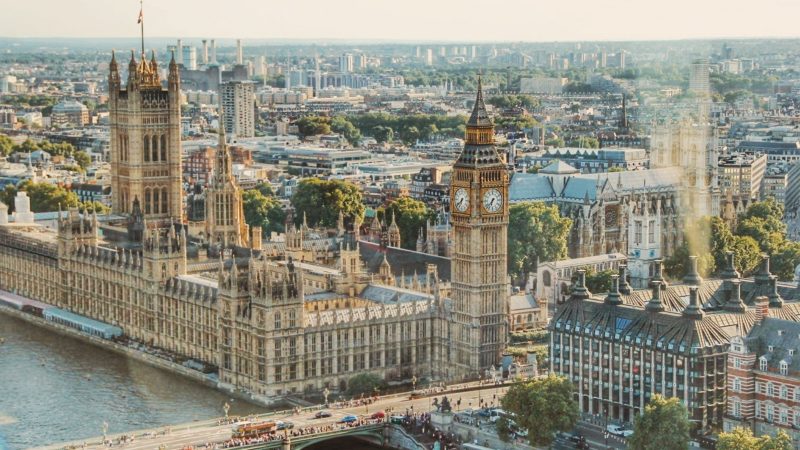
Only 6% of all members of the newly appointed House of Commons select committees are BAME, despite BAME MPs making up 10% of all parliamentarians.
MPs are only now taking their places on the select committees following the reconvening of parliament after the general election in December.
The number of BAME parliamentarians increased to 65, or 10% of all MPs, at the election – but this proportion has not been reflected in the Commons committees.
Of the 28 newly elected chairs of the House of Commons select committees, not one is BAME. And of the total current members of the committees, only 6% are BAME.
28% of new chairs are women while 34% of the overall membership are woman, which corresponds to 34% of parliamentarians elected last year being women.
Amid the appointments, Labour’s Tan Dhesi became the first BAME person to sit on the defence select committee in the history of its existence.
After his initial election to parliament in 2017, Dhesi also served as a member of the housing, communities and local government select committee.
Commenting on his appointment, he said: “It is an honour to join the defence select committee, after having been a member during the last two years of the housing, communities and local government select committee.
“I’m looking forward to learning more about our armed forces, to strengthen my understanding of our legislation surrounding defence and to make more informed decisions on this important issue.”
Select committees are appointed by the House of Commons to examine the expenditure, administration, and policy of government departments and their associated bodies.
The committees can scrutinise various things, including the administration of the House itself or allegations about the conduct of individual MPs, for example.
A proportion of the membership is given to each party depending on the number of their MPs, and the members are then selected through internal party elections.
To stand to be the chair of a select committee, an MP must secure the signatures of 15 colleagues from their party, or 10% of their party depending on which is lowest. All MPs then vote by secret ballot.
Information on the committees, including their work and membership can be found on the UK parliament website.




More from LabourList
‘What Batley and Spen taught me about standing up to divisive politics’
‘Security in the 21st century means more than just defence’
‘Better the devil you know’: what Gorton and Denton voters say about by-election